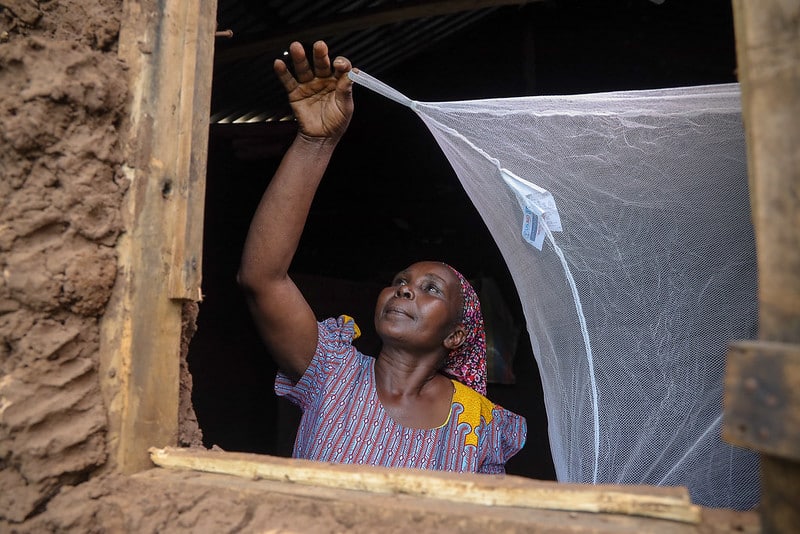
New Malaria Behavior Survey Dashboard ‘Like a Swiss Army Knife’
“This new visual, interactive dashboard is so important,” says CCP’s Mike Toso. “Now, program planners can pull up exactly what they need to understand, on their phone, in seconds.”

“This new visual, interactive dashboard is so important,” says CCP’s Mike Toso. “Now, program planners can pull up exactly what they need to understand, on their phone, in seconds.”

PMI and the CCP-led Breakthrough ACTION project created a toolkit to train faith leaders about how they can encourage malaria prevention.
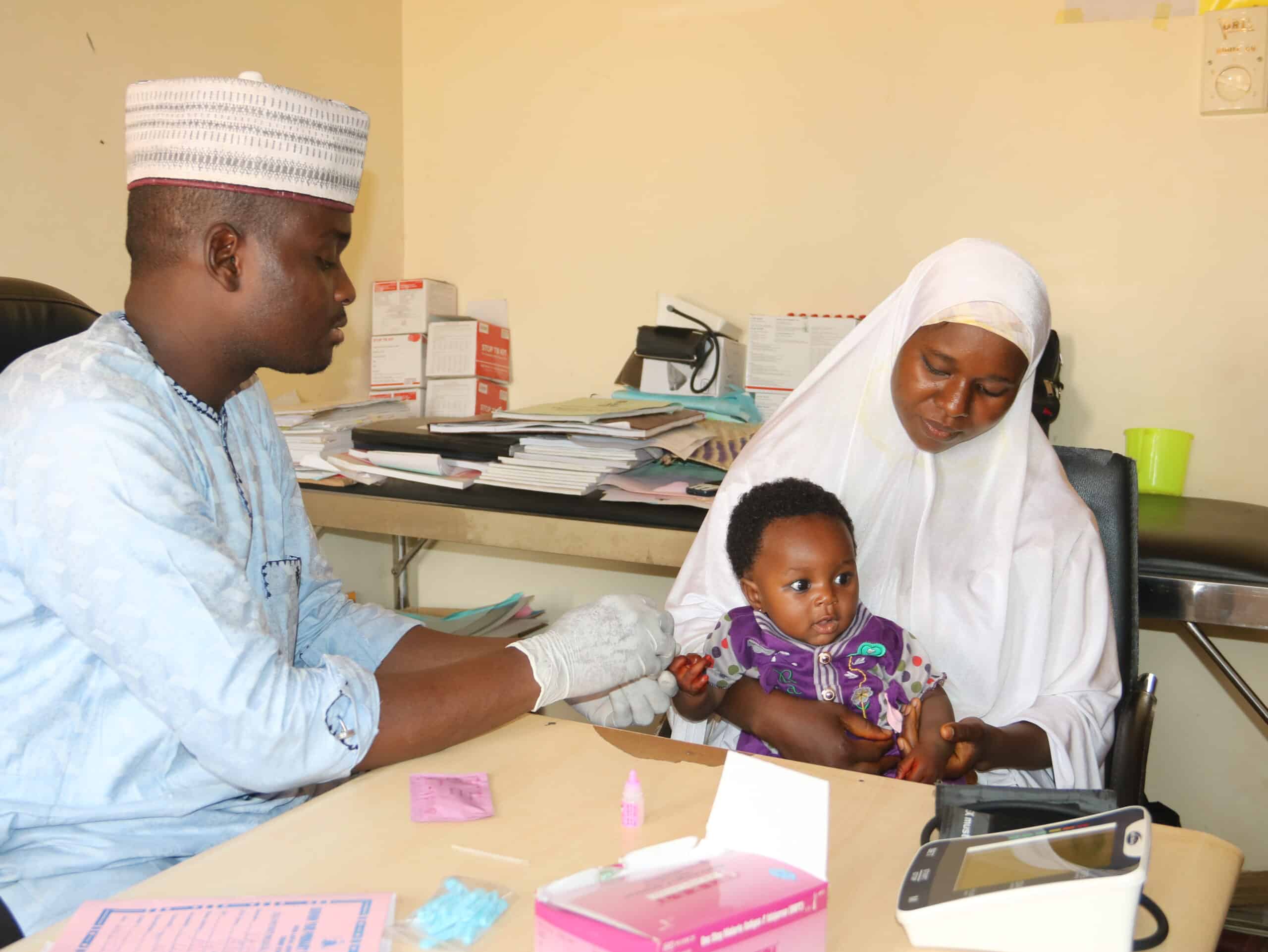
Not all fevers are malaria, but CCP interventions in Nigeria aim to get everyone with a fever tested and treated, and to look deeper into cases of those with negative tests.
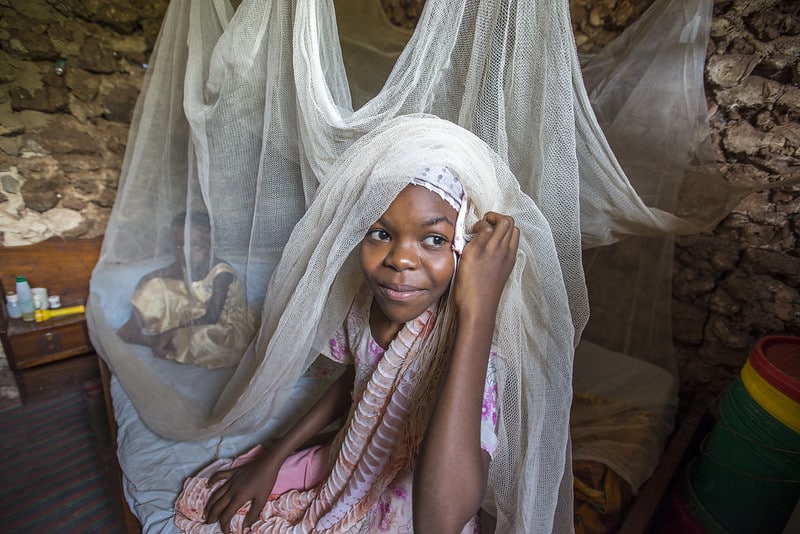
To prevent malaria in sub-Saharan Africa, everyone inside the home must use nets every night, throughout the night, most or all of the year.
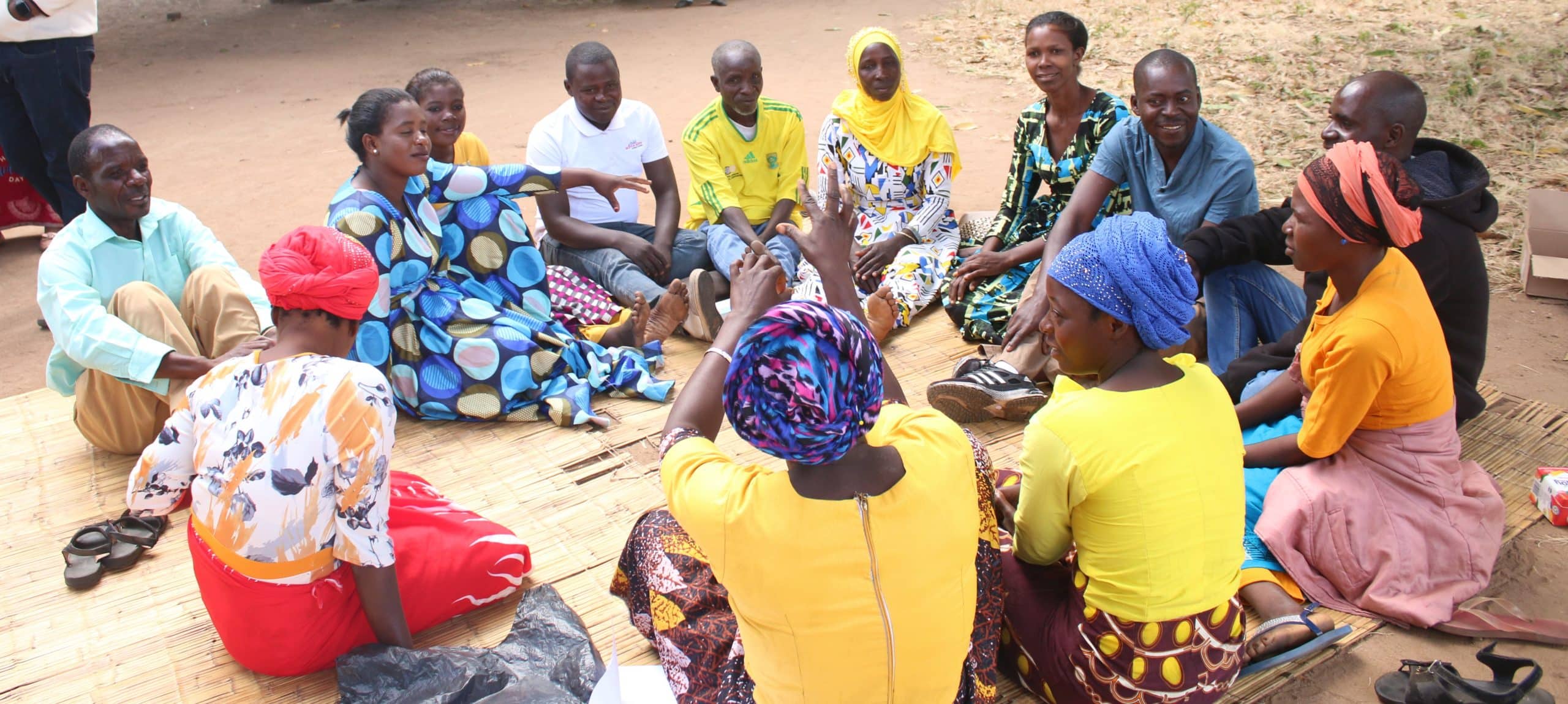
The tactics seem to be working: In April, the Juma community registered 44 cases of malaria. In June, there were only 15.
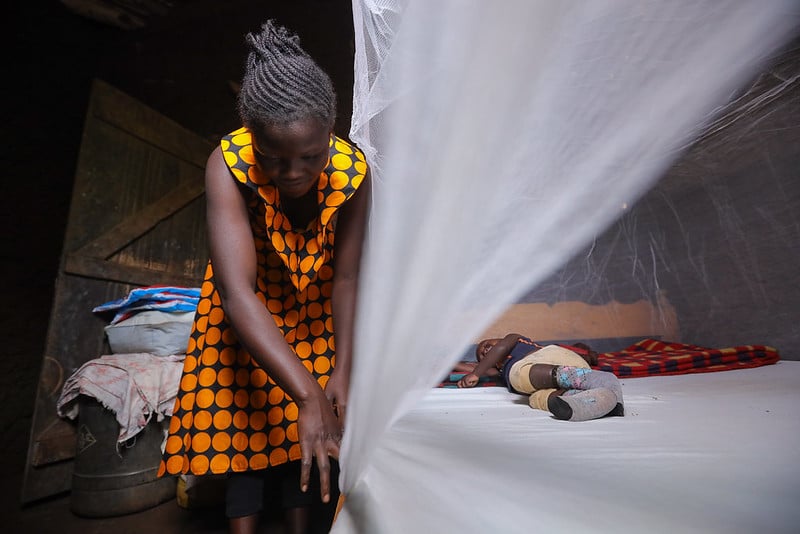
The Fighting Malaria with Social and Behavior Change project is designed strengthen the skills of Mozambicans to promote healthy behaviors.
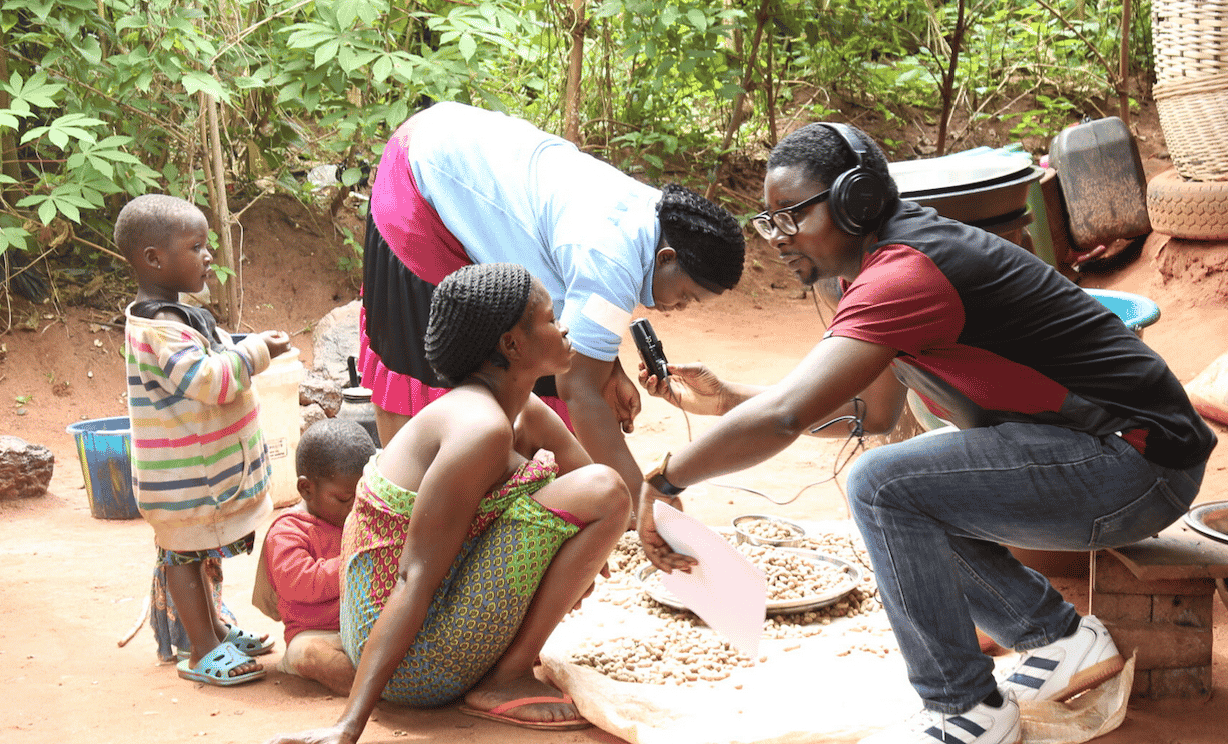
A CCP initiative is helping inform community broadcasters who share health information with their listeners.
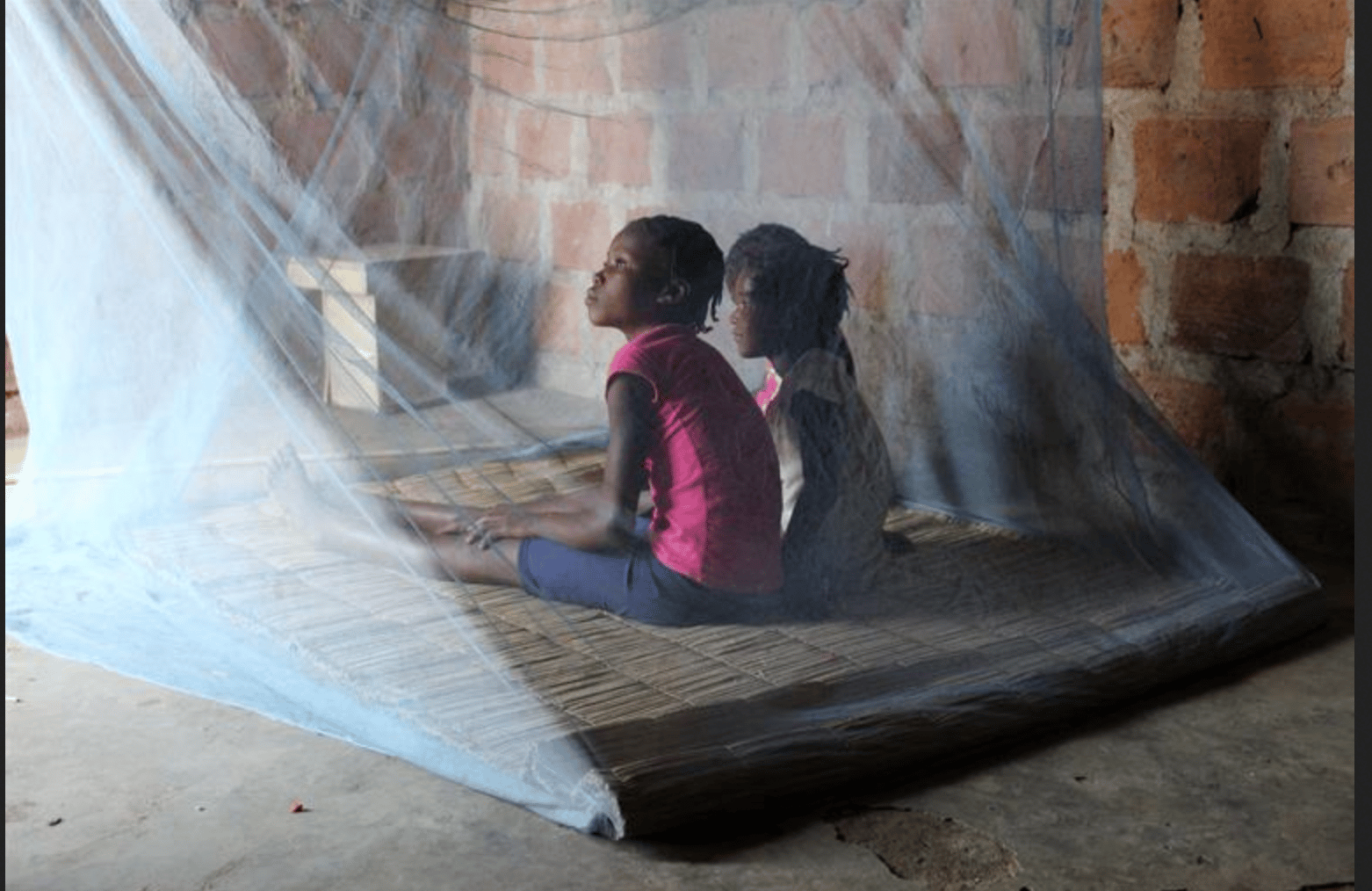
“The global malaria community is at an inflection point,” say authors of a new commentary. A shift in mindset is urgently needed.”
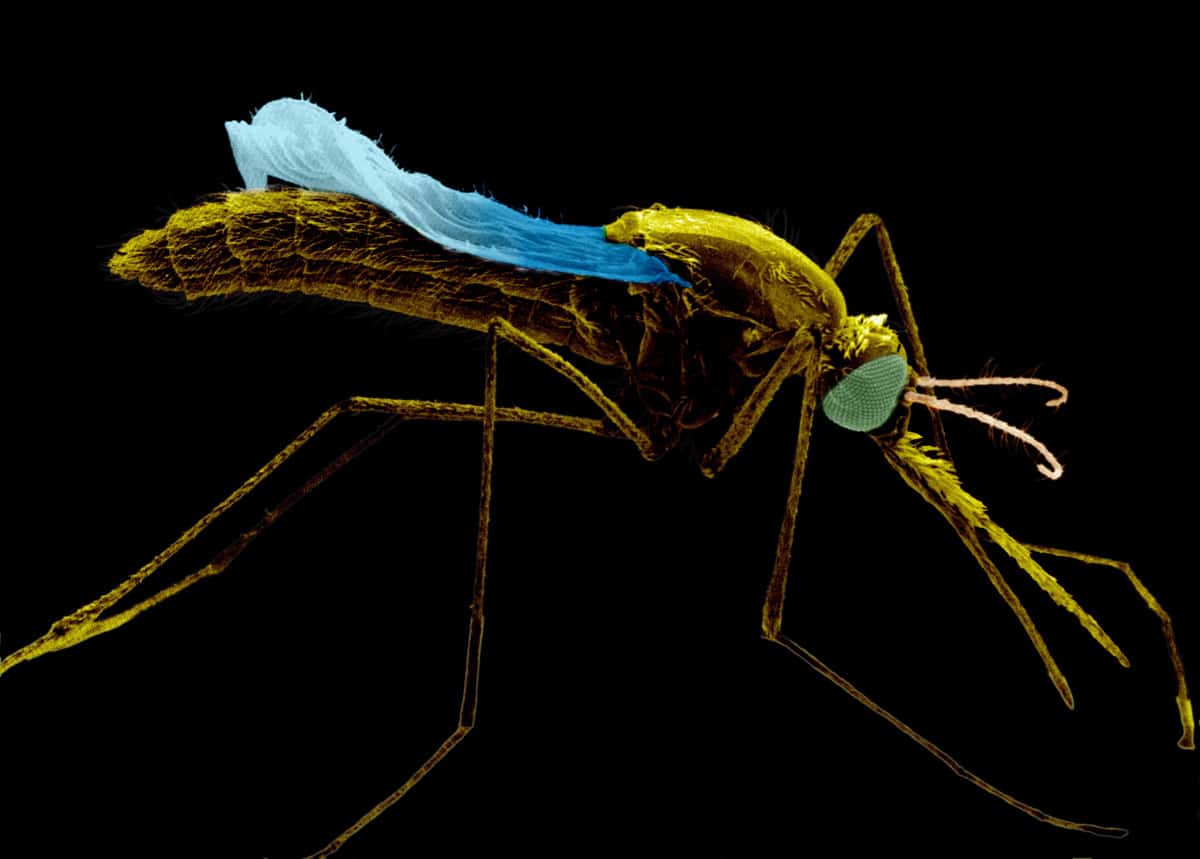
“Anopheles stephensi is a threat to the successes we have made to control and, in some places, eliminate malaria,” says CCP’s April Monroe.
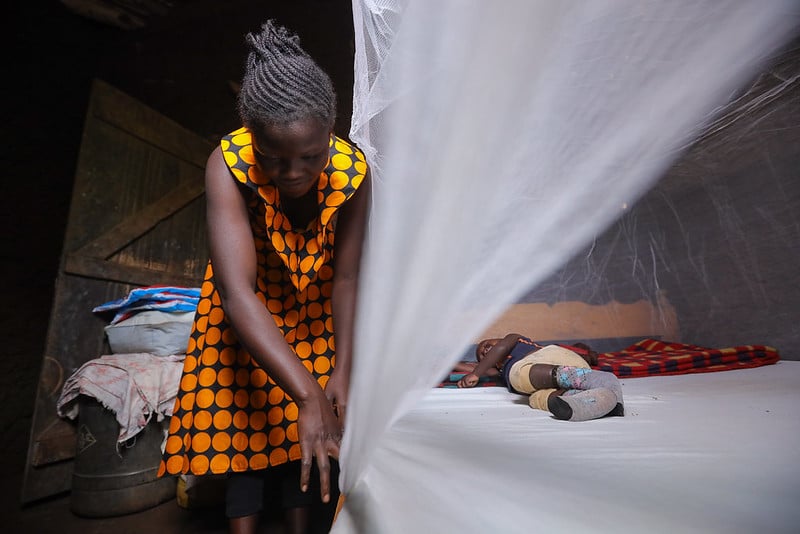
In Malawi, young boys from about 5 to 15 are less likely than their family members to sleep with an insecticide-treated bed net designed to protect them from mosquitoes carrying the parasite that causes malaria.
Receive the latest news and updates, tools, events and job postings in your inbox every month